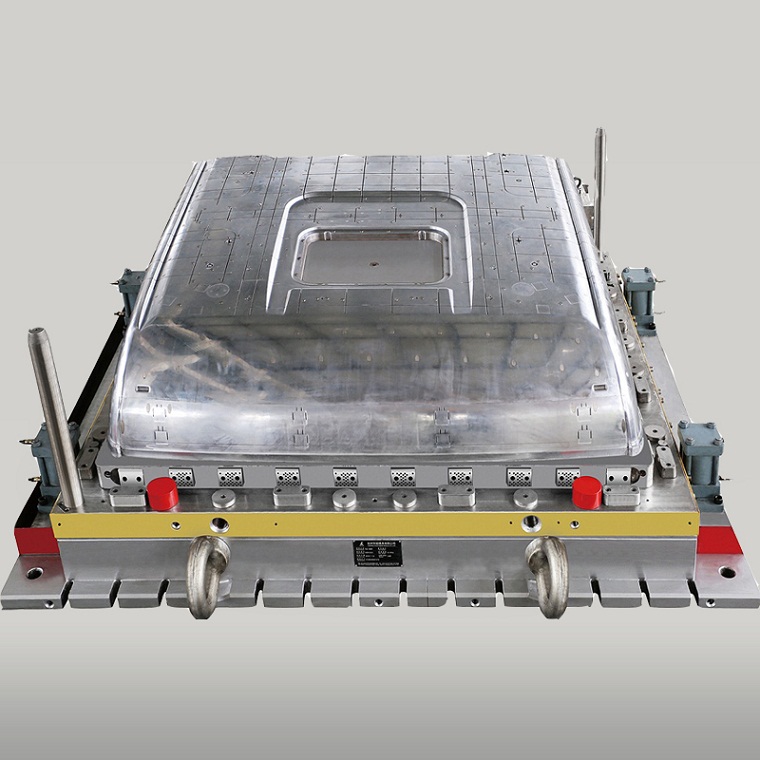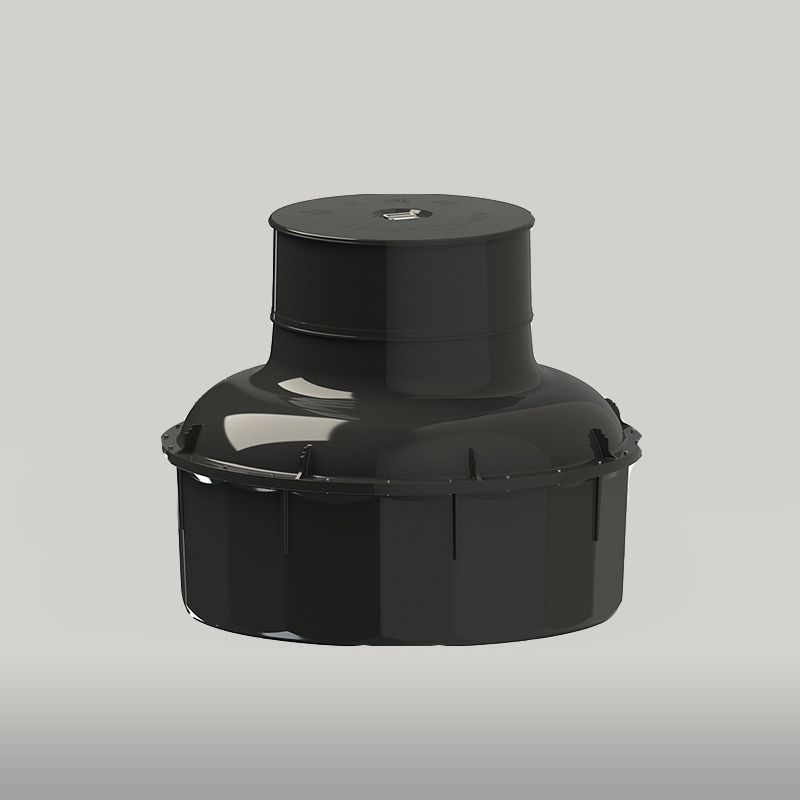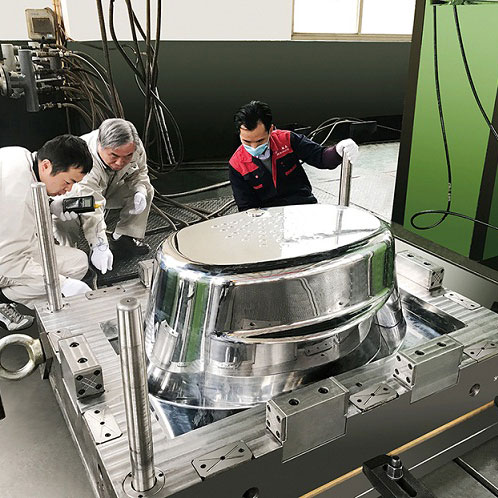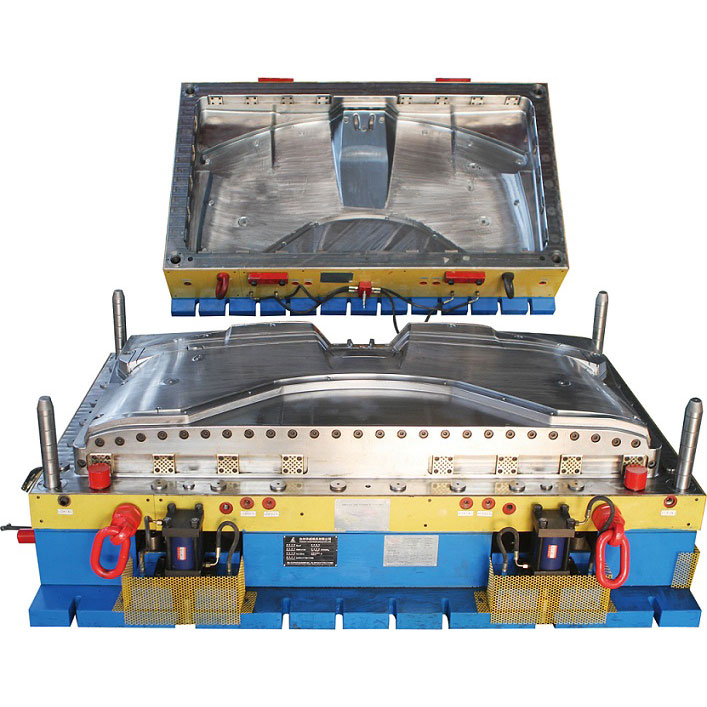Foreword
As the "mother of industry", molds play an important role in the development of the national economy. Various daily necessities in our daily lives are inseparable from the mass production of molds. In fields such as electronics, automobiles, home appliances, and communications, 60% to 80% of parts are formed by molds. The high precision, high complexity, high consistency, high productivity and low consumption of parts produced by molds are unmatched by other processing techniques. Molds are also "efficiency amplifiers". The value of the final product produced with the mold is often dozens or hundreds of times the value of the mold itself. At present, the annual output value of molds in the world is about 60 billion US dollars. The level of mold production technology has become an important symbol to measure the level of a country's product manufacturing.
With the development of society, people have higher requirements for the appearance and more diverse functions of products, and correspondingly, the requirements for molds are also getting higher and higher. As a result, many new mold types and technologies have been derived. Mold structures are becoming increasingly complex, mold accuracy is more precise, and the skill requirements for mold practitioners are getting higher and higher. The level of mold design also directly affects the quality of the mold.
For many mold friends, what should they know about mold design? What abilities should a qualified mold design engineer possess? These concepts are relatively vague. Now I will make a unified summary for your reference.
What abilities should a qualified mold design engineer have?
1. Mechanical design
Molds are mechanical products and require mastering the knowledge and skills of mechanical design to be able to design molds with reasonable structures and reliable functions.
2. Material science
The material selection of the mold has an important impact on the service life, production efficiency and product quality of the mold. It is necessary to understand the performance and application range of various materials and choose the most appropriate material.
3. Mold steel/heat treatment

4. Plastic raw materials/molding process

5. Software UG, CAD, MOLDFLOW, CATIA, Solidworks, etc.
Most modern molds use CNC processing technology, which requires mastering CNC programming skills and the use of CAD/UG and other technologies. You must be proficient in using CAD/UG and other software to design molds and write efficient and accurate processing programs.

6. Mold processing technology
It is necessary to master various mold processing techniques, such as milling, turning, EDM, wire cutting, etc., and be able to process and repair molds.
7. Mold debugging and maintenance
The mold needs to be debugged and maintained to ensure the stability and accuracy of the mold during use.

8. Surface treatment etching/electroplating/silk screen printing/spray painting

9. Good communication skills
Mold engineers need to communicate with leaders, production departments, quality inspection departments, suppliers, users, etc. They need to have strong communication skills, be able to accurately understand requirements, and cooperate with others to complete work.

 English
English
 English
English  ελληνικά
ελληνικά  Esperanto
Esperanto  Afrikaans
Afrikaans  tiếng Việt
tiếng Việt  Català
Català  Italiano
Italiano  שפה עברית
שפה עברית  Cymraeg
Cymraeg  العربية
العربية  Galego
Galego  Latviešu
Latviešu  Română
Română  icelandic
icelandic  ייִדיש
ייִדיש  Hrvatski
Hrvatski  Kreyòl ayisyen
Kreyòl ayisyen  Srpski језик
Srpski језик  Shqiptar
Shqiptar  Slovenski
Slovenski  lugha ya Kiswahili
lugha ya Kiswahili  አማርኛ
አማርኛ  Malti
Malti  Bosanski
Bosanski  Frysk
Frysk  ភាសាខ្មែរ
ភាសាខ្មែរ  ქართული
ქართული  ગુજરાતી
ગુજરાતી  Hausa
Hausa  Кыргыз тили
Кыргыз тили  ಕನ್ನಡ
ಕನ್ನಡ  Corsa
Corsa  Kurdî
Kurdî  Lëtzebuergesch
Lëtzebuergesch  Malagasy
Malagasy  मराठी
मराठी  മലയാളം
മലയാളം  Maori
Maori  Hmong
Hmong  IsiXhosa
IsiXhosa  Zulu
Zulu  سنڌي
سنڌي  Shinra
Shinra  Հայերեն
Հայերեն  日本語
日本語  한국어
한국어  Punjabi
Punjabi  Chichewa
Chichewa  Samoa
Samoa  Sesotho
Sesotho 









